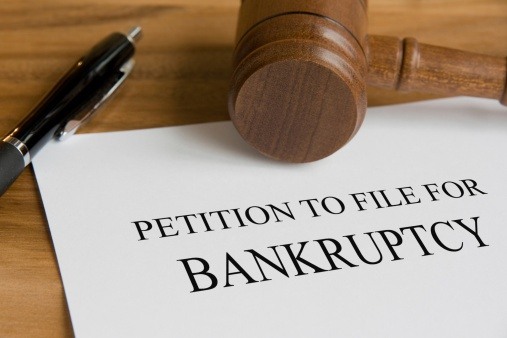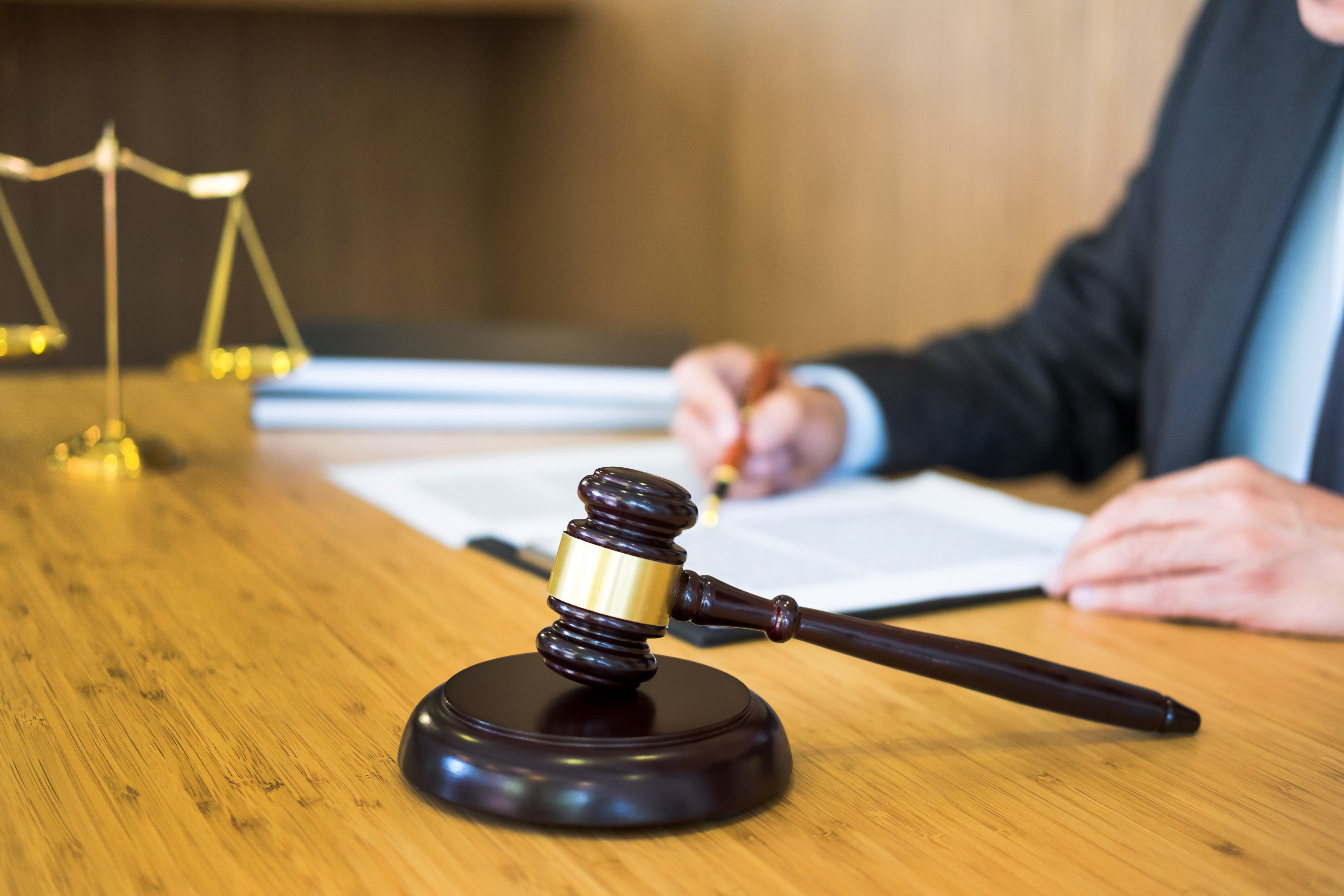At Scura, Wigfield, Heyer, Stevens & Cammarota, LLP, we understand the challenges immigrants face—especially those navigating both the U.S. immigration system and overwhelming debt. As a New Jersey...
Protecting Workers and Subcontractors in an Industry Full of Complex Payment Chains
Getting paid for a job is a pressing concern in the construction industry. With owners, general contractors, and...
At the Law Offices of Scura, Wigfield, Heyer, Stevens, & Cammarota, LLP, we advise our clients that to collect workers’ compensation benefits, their injury must be job related, though it’s not always...
Even a "minor" car accident can turn your life upside down. Sometimes, you walk away from a crash feeling lucky — only to realize days or weeks later that you are dealing with a serious injury. At ...
As I’ve continued to grow and gain experience as a personal injury trial attorney, I’ve come to realize that no case is perfect. However, I’ve also come to realize that meaningful value can be...
In a unanimous decision, the New Jersey Supreme Court has struck down an advisory ruling that would have prohibited Certified New Jersey attorneys from paying referral fees to out-of-state lawyers....
Facing a lawsuit can be an overwhelming and stressful situation. Whether it’s a contract disagreement, property boundary issue, business dispute, personal injury claim, or another civil matter, most...
In today’s digital world, social media platforms like Facebook, Instagram, and TikTok are central to how we connect with others and share our lives. While these platforms do offer many benefits, they...
Common law fraud is one of the most commonly claimed intentional torts in civil litigation cases. States throughout the country have enacted various fraud laws. Common law fraud, however, is a...
After an accident, determining who is responsible for your injuries can be challenging, especially when a government or state entity may be involved. If you believe a public entity is liable, it’s...










